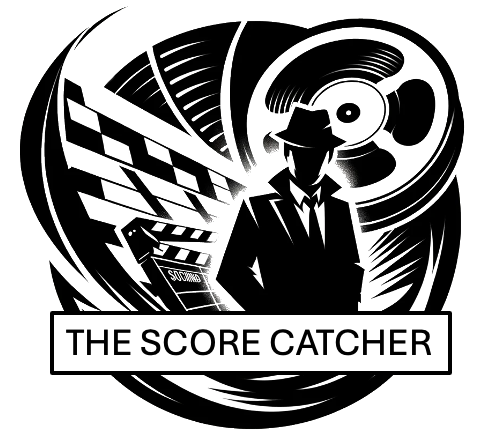Thursday, Legend, 9:00pm
When it comes to cinematic trips down the shadowy back alleys of corruption, scandal, and murder in 1950s Los Angeles, L.A. Confidential (1997) is a paragon of the neo-noir genre. Directed by Curtis Hanson and based on James Ellroy’s gritty novel, the film explores the dark underbelly of a city in love with its own reflection. It’s a tale of three very different LAPD officers — the strait-laced Ed Exley (Guy Pearce), the bruiser Bud White (Russell Crowe), and the ethically dubious, charming Jack Vincennes (Kevin Spacey) — whose paths converge on a series of brutal crimes that touch every echelon of LA society. Hanson’s direction perfectly channels the genre’s noir roots, crafting a labyrinthine plot of betrayal and deceit that demands your full attention (and perhaps a notebook).

Yet, for all its sumptuous visuals and intricate plotting, L.A. Confidential is equally distinguished by its masterfully constructed score, composed by the late Jerry Goldsmith. Goldsmith’s score is a marvel of understated suspense, using a delicate mix of brass and strings to underscore the film’s tension and moral ambiguity. Unlike the brash, jazz-inflected soundscapes of classic noir, Goldsmith opts for a more restrained approach, letting his music creep in like the tendrils of a foggy Los Angeles night. The soundtrack is supplemented with period-appropriate songs by Dean Martin, Kay Starr, and Johnny Mercer, which lend authenticity to the film’s recreation of 1950s glitz and grime. It’s a cocktail of music that’s equal parts sophisticated and sleazy, a perfect backdrop to the city of fallen angels.
For soundtrack enthusiasts, the L.A. Confidential score is a fascinating study in atmospheric minimalism — a testament to Goldsmith’s ability to evoke mood with just a few sparse notes. While the score didn’t win the Oscar that year (it was up against James Horner’s Titanic juggernaut), it remains a beloved entry in Goldsmith’s catalogue. Those seeking to add it to their collection can find the expanded soundtrack, released in 2013, which includes additional cues and alternate takes that further enrich the listening experience. So, if you’ve ever wondered what noir sounds like when it’s reimagined for a modern audience, this score is an essential listen — a haunting echo of the moral murkiness of LA’s past.
- Paul Allen
